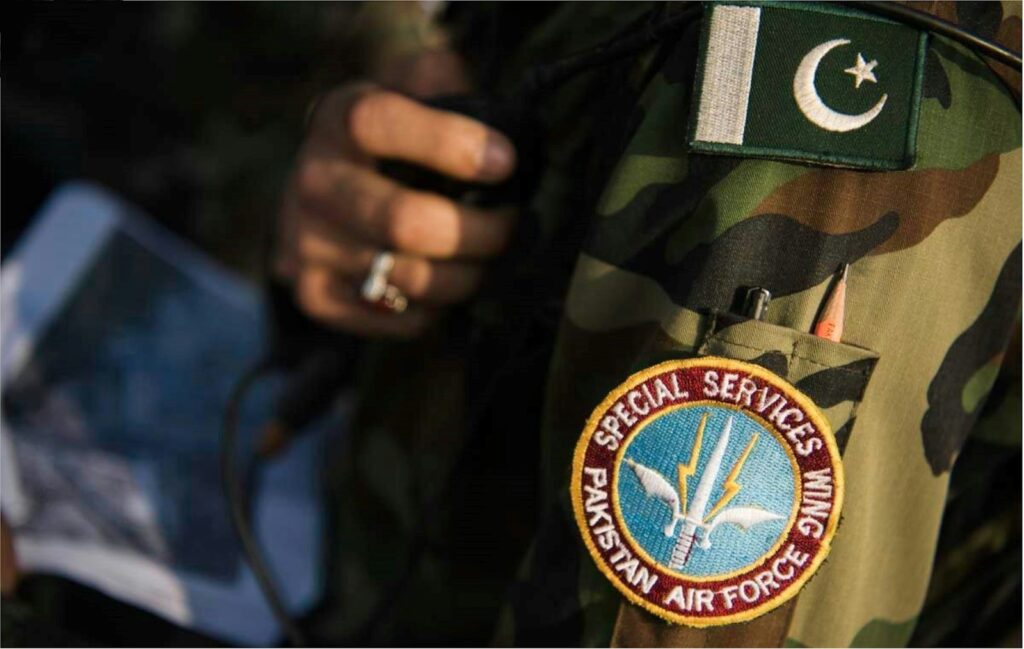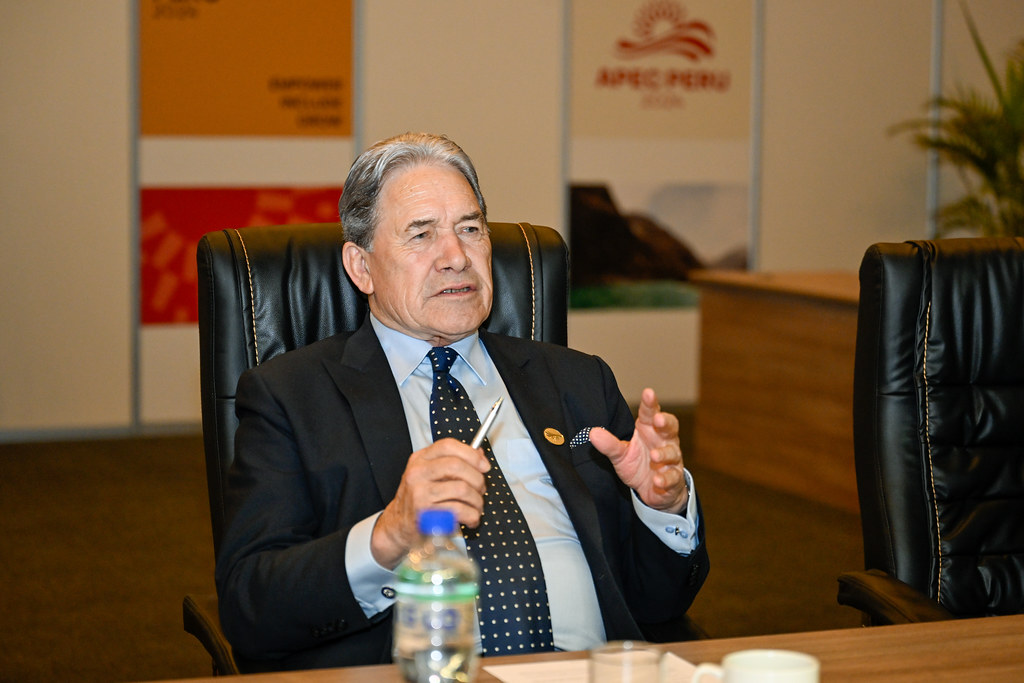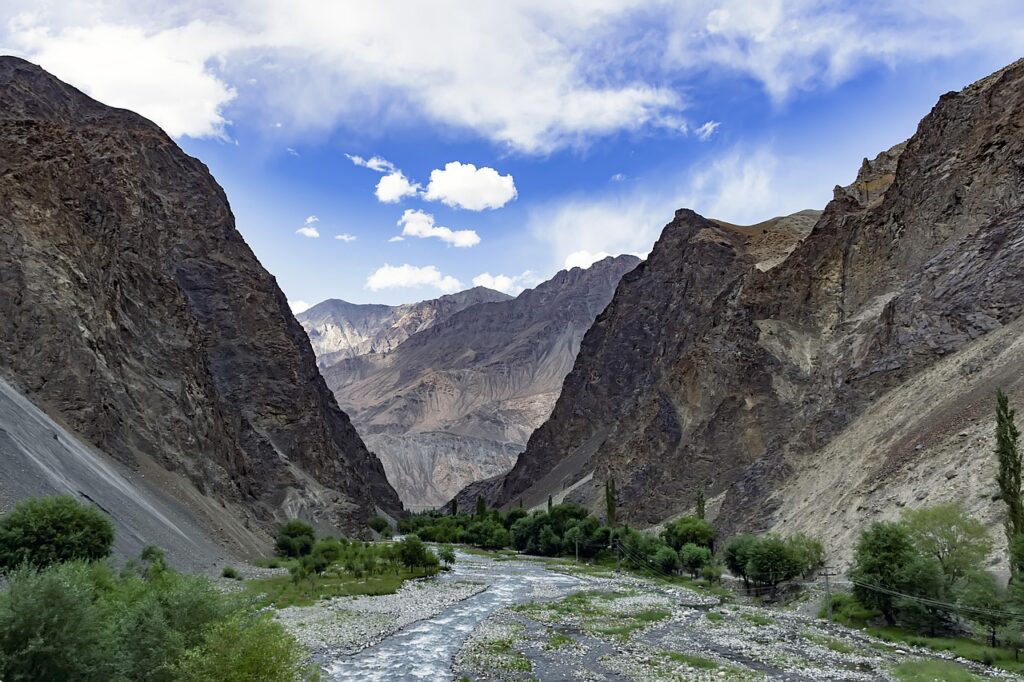In light of escalating tensions with India, Pakistani Planning Minister Ahsan Iqbal announced on Saturday that the nation will be increasing its defence budget for the upcoming fiscal year 2025-26. This decision comes in the wake of India’s recent suspension of a critical river water-sharing agreement with Pakistan.
Iqbal had previously indicated that the federal budget would be unveiled on June 2; however, Finance Minister Adviser Khurram Schehzad later clarified that the budget presentation is now scheduled for June 10, with the Pakistan Economic Survey to be released a day earlier.
During a meeting with a delegation from the Institution of Engineers Pakistan (IEP) in Lahore, led by Secretary General Engr Ameer Zameer, Iqbal addressed concerns regarding the timeline for the budget. He emphasized that the delay was not due to pressures from the International Monetary Fund (IMF) but was instead attributed to Prime Minister Shehbaz Sharif’s imminent diplomatic engagements and the Eidul Azha holidays.
“Negotiations with the IMF have been positive and productive,” Iqbal remarked, highlighting the government’s commitment to fiscal responsibility. “The prime minister’s five-day visit to allied nations and the Eid festivities necessitated this slight postponement. We opted to present the budget after the holidays to facilitate parliamentary discussions.”
While acknowledging the government’s intent to alleviate the financial burden on citizens, Iqbal affirmed that defence expenditures would be prioritized to ensure national security. “It is imperative that we equip our armed forces adequately to safeguard our sovereignty,” he stated. He further noted the necessity of remaining vigilant in the face of potential threats from neighboring countries.
On the topic of water security, Iqbal committed to accelerating essential water infrastructure projects, including the Diamer-Bhasha and Mohmand dams, to ensure the nation’s water supply is safeguarded.
Additionally, he discussed the government’s initiative to enhance agricultural productivity. “We have dispatched over a thousand agricultural engineers to China for training to spearhead an Agricultural Green Revolution 2.0 in Pakistan. Our focus will be on developing indigenous seeds and modernizing our dairy and livestock sectors.”
Iqbal also mentioned the allocation of funds within the budget for an internship program aimed at engineering graduates, which will provide them with practical training and improve their job prospects.
However, he noted that the development budget is constrained to Rs1 trillion, which is significantly less than the Rs3 trillion required to advance ongoing projects. To address this shortfall, the government plans to prioritize high-impact initiatives while curtailing funding for less critical projects.
When discussing political dynamics in the country, Iqbal stressed the importance of unity among political factions. He criticized the Pakistan Tehreek-e-Insaf (PTI) party for undermining collaborative efforts, particularly regarding the recent constitutional amendments aimed at consensus-building. Iqbal lamented the lack of solidarity during a critical time for national security, urging all political leaders to focus on collective goals rather than personal agendas.



